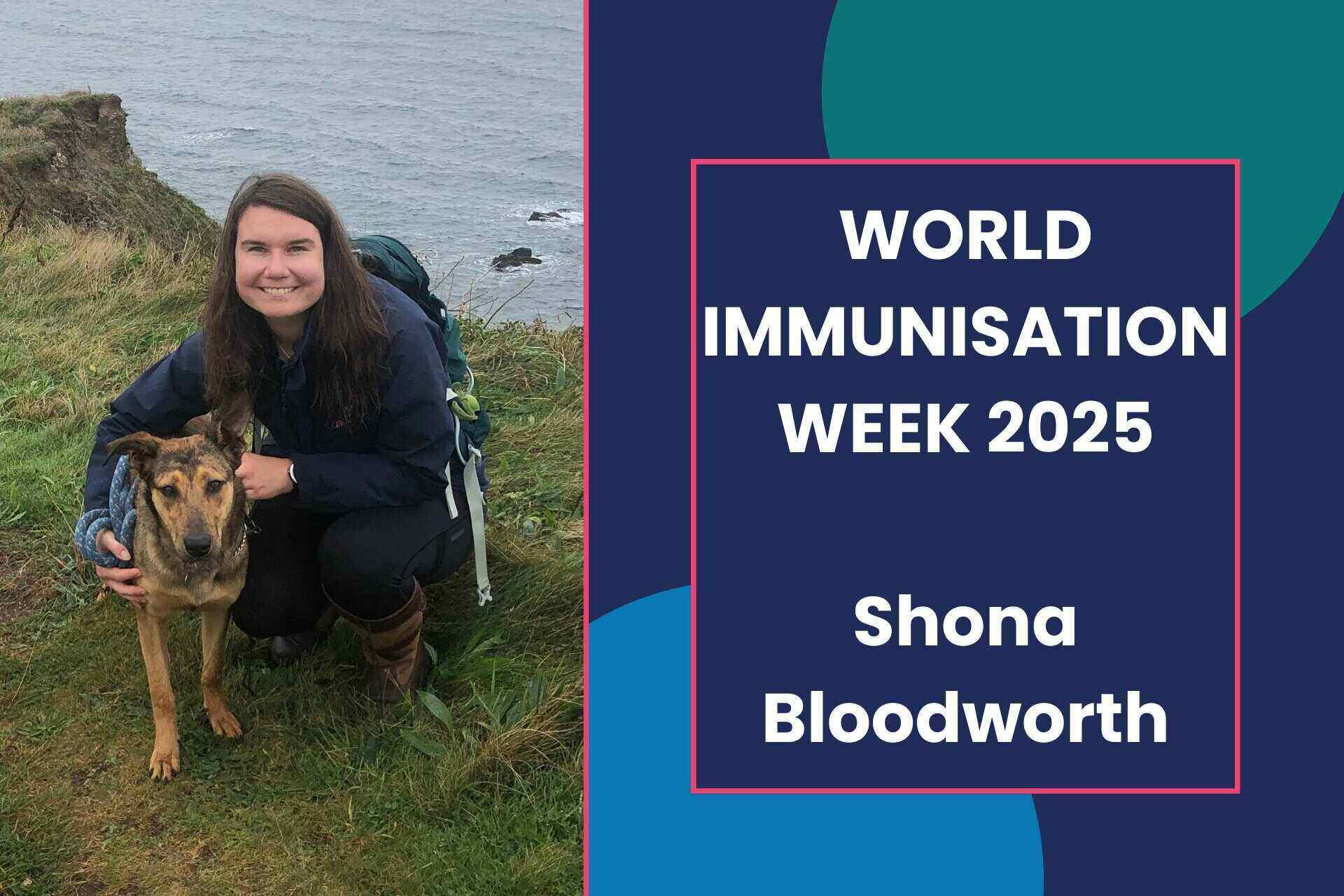
As part of our World Immunisation Week campaign, Shona Bloodworth, a postdoctoral research associate from the Department of Livestock and One Health talks about her PhD on pet vaccination. Her research focused on understanding patterns of vaccination uptake and exploring why some pet owners are hesitant to vaccinate their pets. The project was jointly funded by the University of Liverpool and BSAVA PetSavers.
My PhD studied recent trends in pet vaccination across the UK, focusing on the reasons why some cat and dog owners may choose not to vaccinate their animals. Using data from over one million electronic health records collected by the Small Animal Veterinary Surveillance Network (SAVS Net), based at the University of Liverpool, I identified evidence of a decline in annual vaccination rates for both dogs and cats between 2016 and 2022 in this large sample of vet-visiting animals.
To gain deeper insight into this decline, I conducted interviews with pet owners and veterinary professionals these conversations revealed a range of factors that influence owners’ vaccination decisions, including personal beliefs about animal care, trust in veterinary advice, and concerns about vaccine safety. For some, especially those who adopt a more "natural" approach to pet health, avoiding synthetic substances was seen as beneficial and shaped their choices around vaccination.
Vaccination is a vital tool in protecting animals from serious infectious diseases and in maintaining broader public and animal health. The observed decline in vaccination rates raises concerns about the potential for disease outbreaks and indicates a need to better understand the motivations behind pet owners' decisions.
This research highlights that these decisions are rarely straightforward. Instead, they are shaped by a complex interplay of individual beliefs, experiences, and social influences. Recognising and respecting this complexity is essential if we are to support pet owners in making informed choices about preventive healthcare.
Going forward, we hope this work will support more effective communication strategies between veterinary professionals and pet owners. Building trust is central to these conversations, particularly when discussing the safety and benefits of vaccination.
Future initiatives should focus on developing targeted, evidence-based approaches that address the specific concerns of different groups of owners. By doing so, we can work towards improving vaccination uptake and ensuring the long-term health and wellbeing of the UK’s pet population.